Colombia
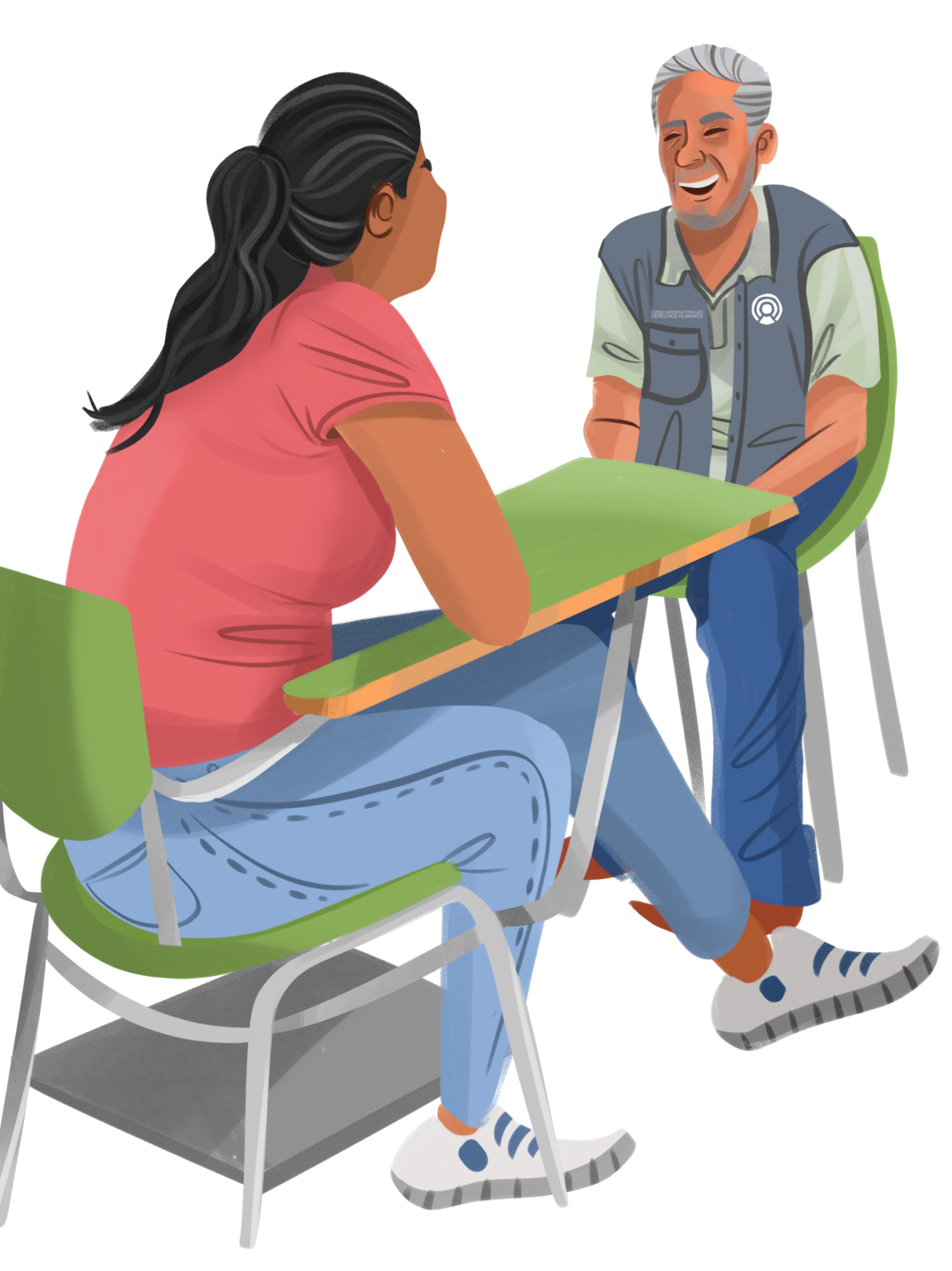
Our work in Colombia
The Norwegian Human Rights Fund (NHRF) has been supporting local organisations in Colombia for more than 30 years through direct financial support for their human rights work.
In 2020 we opened our first country office in Colombia and significantly expanded our work in the country.
Each year we support more than 70 organisations and communities across the country, whose agendas are focused on:
- Peacebuilding, access to justice and the fight against impunity.
- Strengthening the Women, Peace and Security (WPS) agenda of UN Resolution 1325.
- Guarantees for the defence of human rights.
- Ethnic and territorial rights and guarantees for the defence of the environment.
- Contribution to the protection and restoration of natural forests.
- Improvement of livelihoods in terms of income, capacity, food security and environmental sustainability.
One of our main objectives in Colombia is to collaborate with and support the capacity building of our grantee partners. For this reason, we work with a group of strategic partners who support our grantee partners with their expertise in order to contribute to strengthening areas identified by the grantee partners themselves.

Our impact
At the NHRF, we continually strive to provide flexible support to grantee partners, based on the needs and particularities of their work context. Within this framework of support, we invite you to immerse yourself in the territories in which the organisations work in the defence of human rights and learn about some of their experiences.
Learn more about
our flexible, human rights-based support through the following series of
stories that tell the most significant changes being promoted in
Colombia:
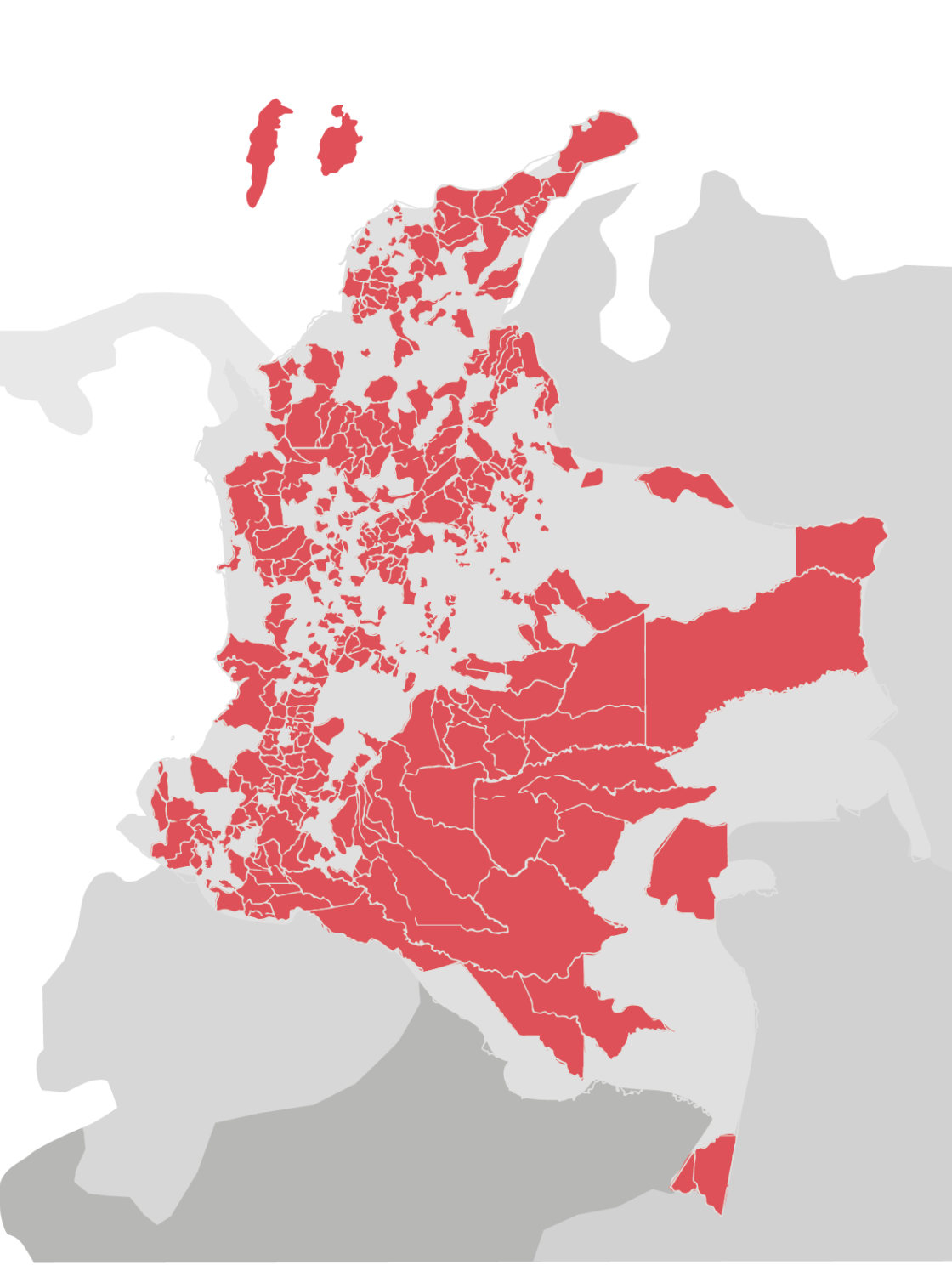
Where we work
This map shows the coverage and implementation of our partner organizations by departments and municipalities in Colombia.
- 32 departments reached
- 389 municipalities reached
Stories from the ground
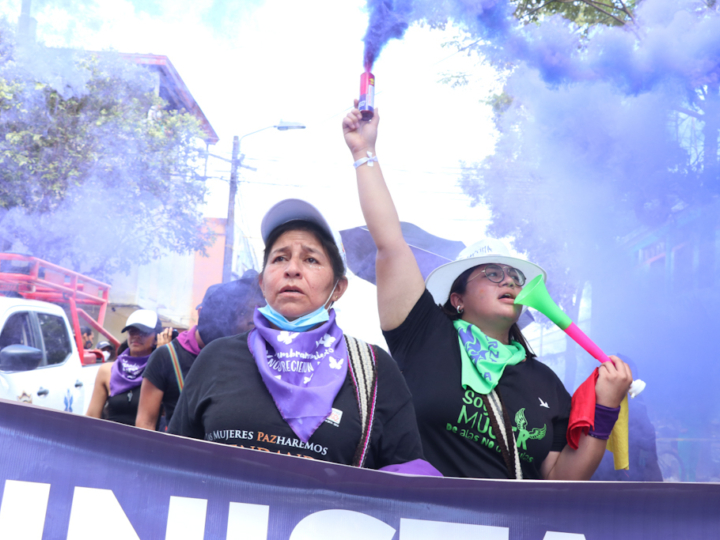
From Latin America to South Asia: Women on the frontline for human rights
Women Human Rights Defenders (WHRDs) play a crucial role not only in advocating for justice, gender equality, and environmental protection/ sustainability, but also in addressing some of the most pressing global challenges, such as peacebuilding, climate change and democracy.
Read more »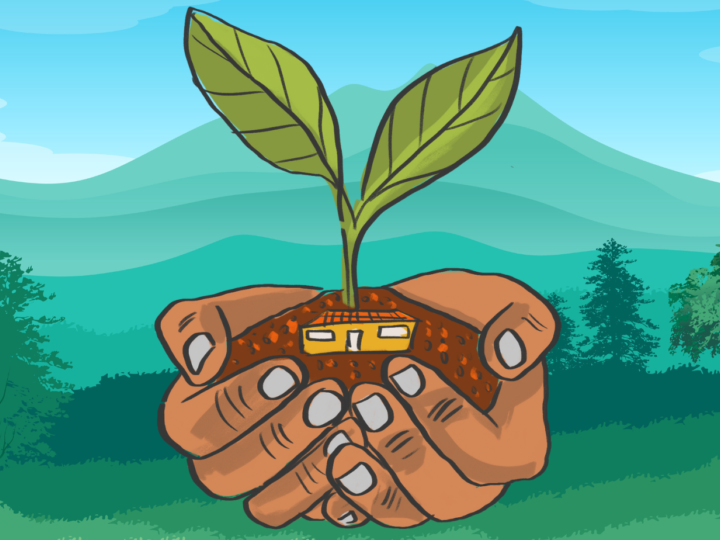
Defending and Protecting life, Territories, Nature and Human Rights as a response to the Climate Crisis
Last year was the warmest on record, with climate change indicators reaching unprecedented levels. Despite being the most affected by its impacts, ethnic peoples and local communities raise proposals for how to handle this crisis.
Read more »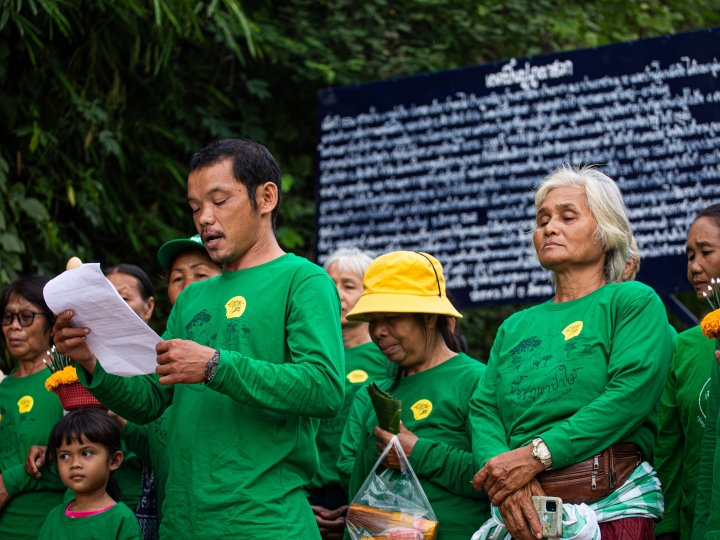
Raising voices against human rights violations related to the mining industry
Communities in Asia, Latin America, and other parts of the world, are under constant pressure from the mining industry, which often undermines indigenous communities and threatens their livelihood. The NHRF has grantee partners in different continents working with communities affected by this and shares their perspectives and experiences in this article.
Read more »Stories of change from the ground
Discover five inspiring stories of people who bravely defend their rights.
Peacebuilding, access to justice and the fight against impunity
The Corporación Humanitaria Reencuentros, made up of signatories of the 2016 Peace Agreement, has maintained a commitment to peace in Colombia through the search for people reported missing in the context of the armed conflict.
Yaritza Paniagua is one of the signatories of the Agreement and
accompanies the efforts to find the victims.
Strengthening the Women, Peace and Security agenda of Resolution 1325
The Centro de Formación y Empoderamiento para las Mujeres AMBULUA carries out capacity building work for political education with an ethnocultural and gender equity approach with women and girls in Buenaventura.
Nicole Caicedo's story is an example of how AMBULUA's work has been
key to promoting women's rights.
Guarantees for the defence of human rights
The Asociación de Cabildos Indígenas del pueblo Inga del municipio de Villagarzón - ACIMVIP has been strengthening the capacities of the traditional authorities ‘Wasikamas’ or ‘Guardians of the Earth’ in the use of the special indigenous jurisdiction, through protection and self-protection actions with an ethnic differential approach.
These actions include the empowerment of indigenous women. The story of Oliva Quinguanas is a reflection of the commitment that indigenous women have in the defence of their territory.
Ethnic and land rights and guarantees in the defence of the environment
For more than 10 years, the Embera Karambá indigenous people have been facing serious threats to their physical and cultural survival due to the processing and development of gold mining projects by several multinationals, which affect 80% of their territory.
Edith Taborda is the main governor of the Embera Karambá community and through her story she embodies the resistance of her indigenous people, who accompanied by Amar Es Más, are at the forefront of the defence of human rights.
Contribution to the protection and restoration of natural forests
The Corporación de Estudios, Educación e Investigación Ambiental - CEAM has promoted awareness of the La Tebaida Protected Forest Reserve. Through the diploma course ‘Rurality, Forest and Peace’, peasants from the surrounding villages now have a comprehensive understanding of the concept of protecting their land.
Reinaldo Giraldo is one of those peasants who now carries out sustainable forest management.
Improving livelihoods in terms of income, capacity, food security and environmental sustainability
Corporación Desarrollo Solidario - CDS works in the Montes de María supporting livelihood initiatives in beekeeping, fish farming and agroforestry systems. This work has ensured food security and income for local communities, as well as forest conservation and reduced deforestation.
Cindy Áyala is part of one of the farming families involved in the CDS beekeeping project.
